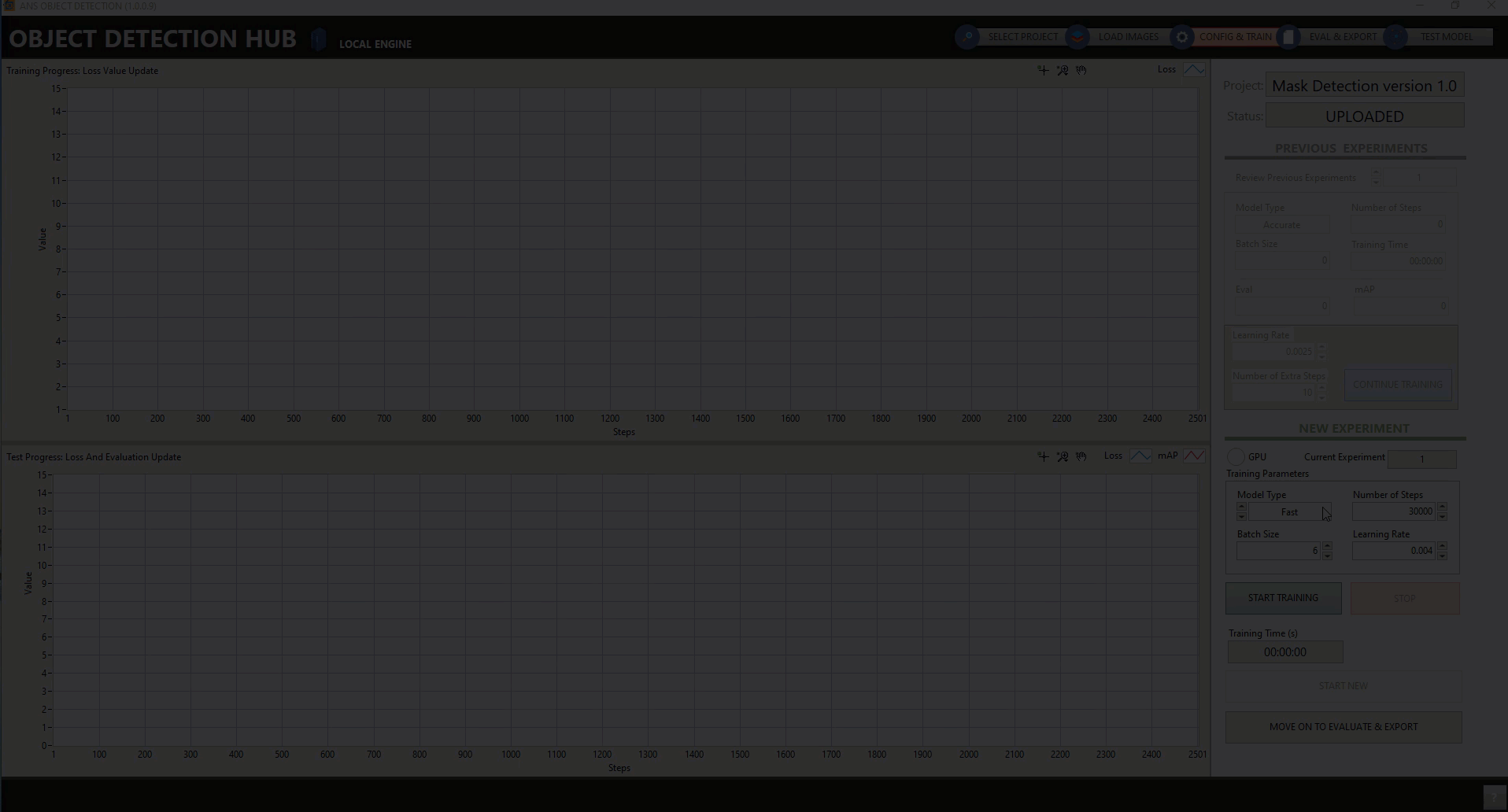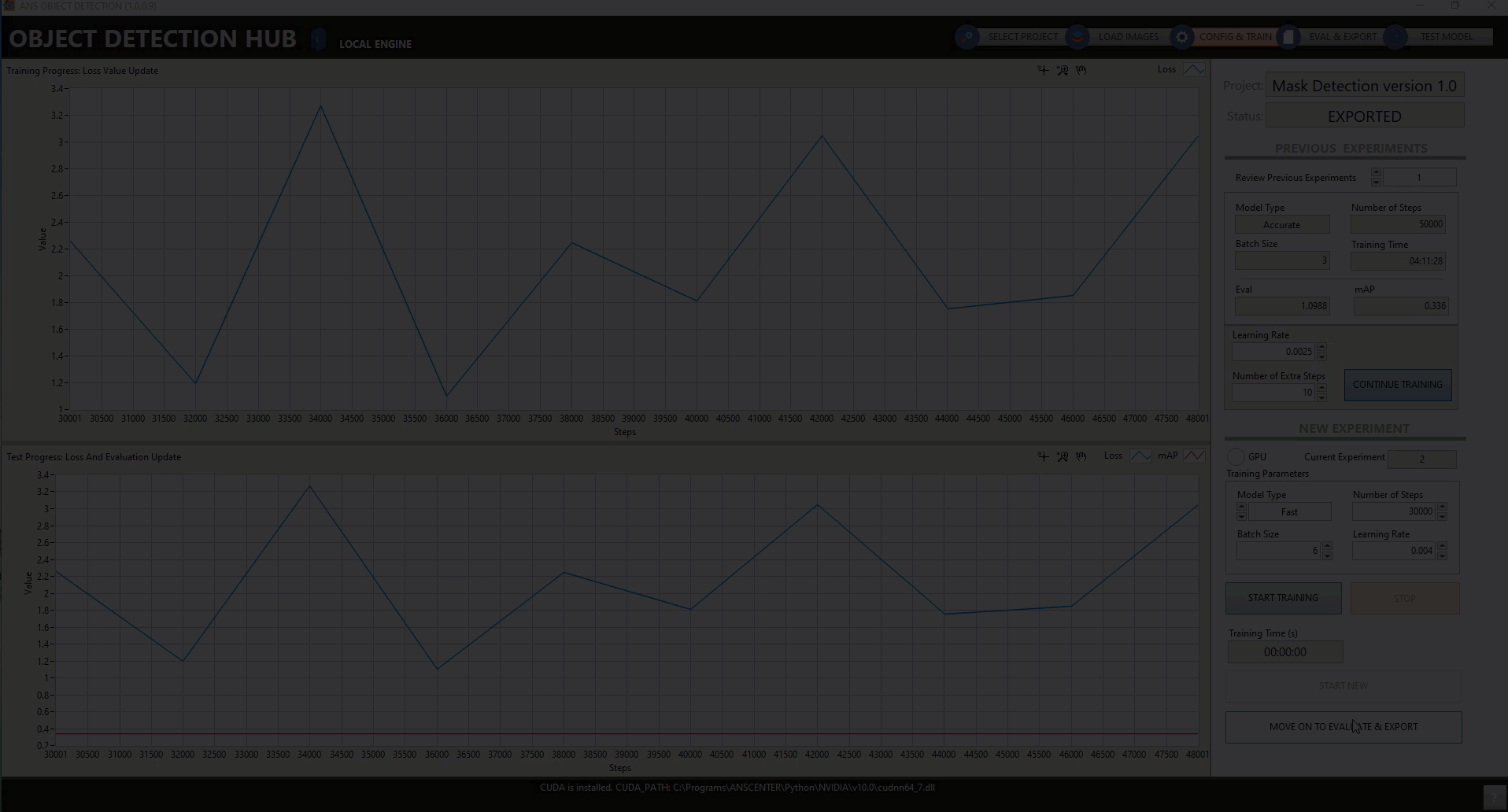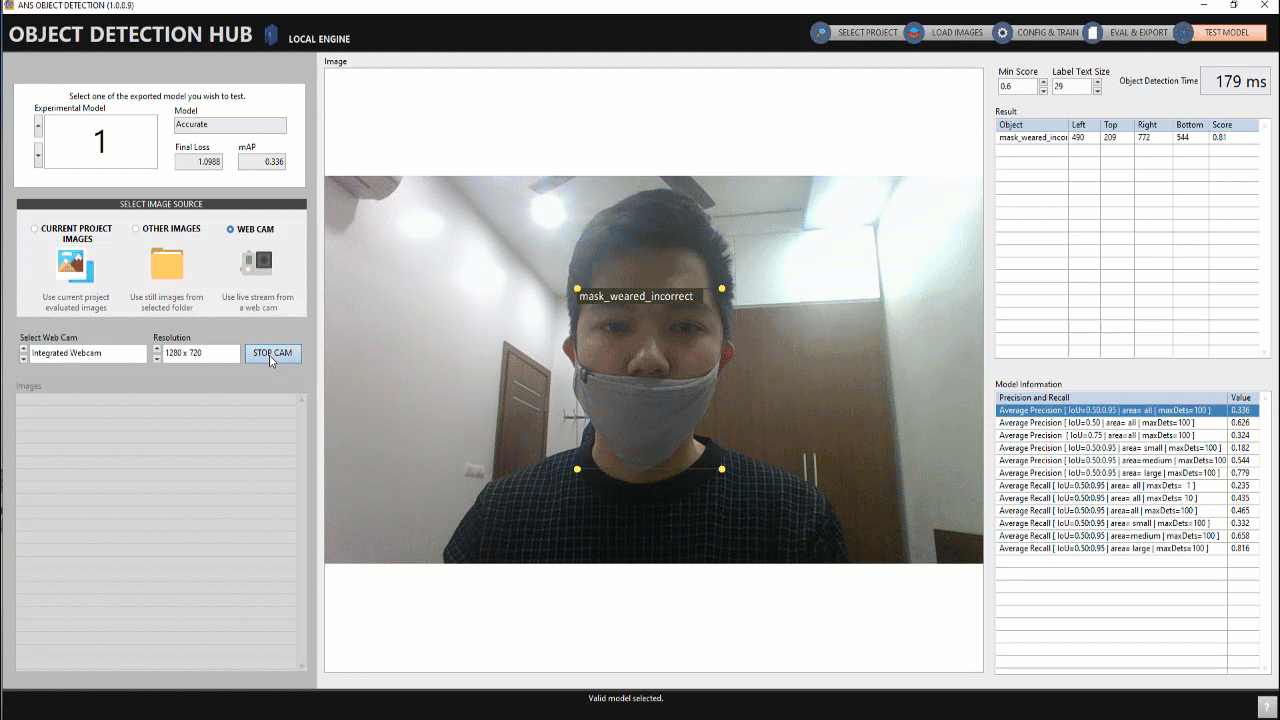ODHUB is a powerful, intuitive platform that allows engineers, educators, and system integrators to design, train, and deploy object detection models — without writing a single line of code.
ODHUB simplifies every step of the object detection workflow. Whether you're identifying defects in manufacturing, detecting vehicles in traffic footage, or tracking objects in real-time video streams, ODHUB lets you focus on outcomes — not algorithms.

No-Code, Engineer-Friendly Workflow
Build, train, and evaluate OD models using real-world data without coding or AI expertise, cutting down reliance on external AI consultants or complex toolchains.

LabVIEW-Ready Object Detection
Models can be exported and integrated directly into LabVIEW systems, making it easy to embed OD capabilities into your test, measurement, or automation setups.

Secure, On-Premise Training
All training runs locally, ensuring full control over your data and model IP — ideal for organizations with strict privacy, security, or compliance requirements.
How It Works
ODHUB will automatically validate the accuracy and sufficiency of the data, which includes image files and XML label files. ODHUB also provides a built-in labeling tool, which allows users to perform the labeling task if necessary
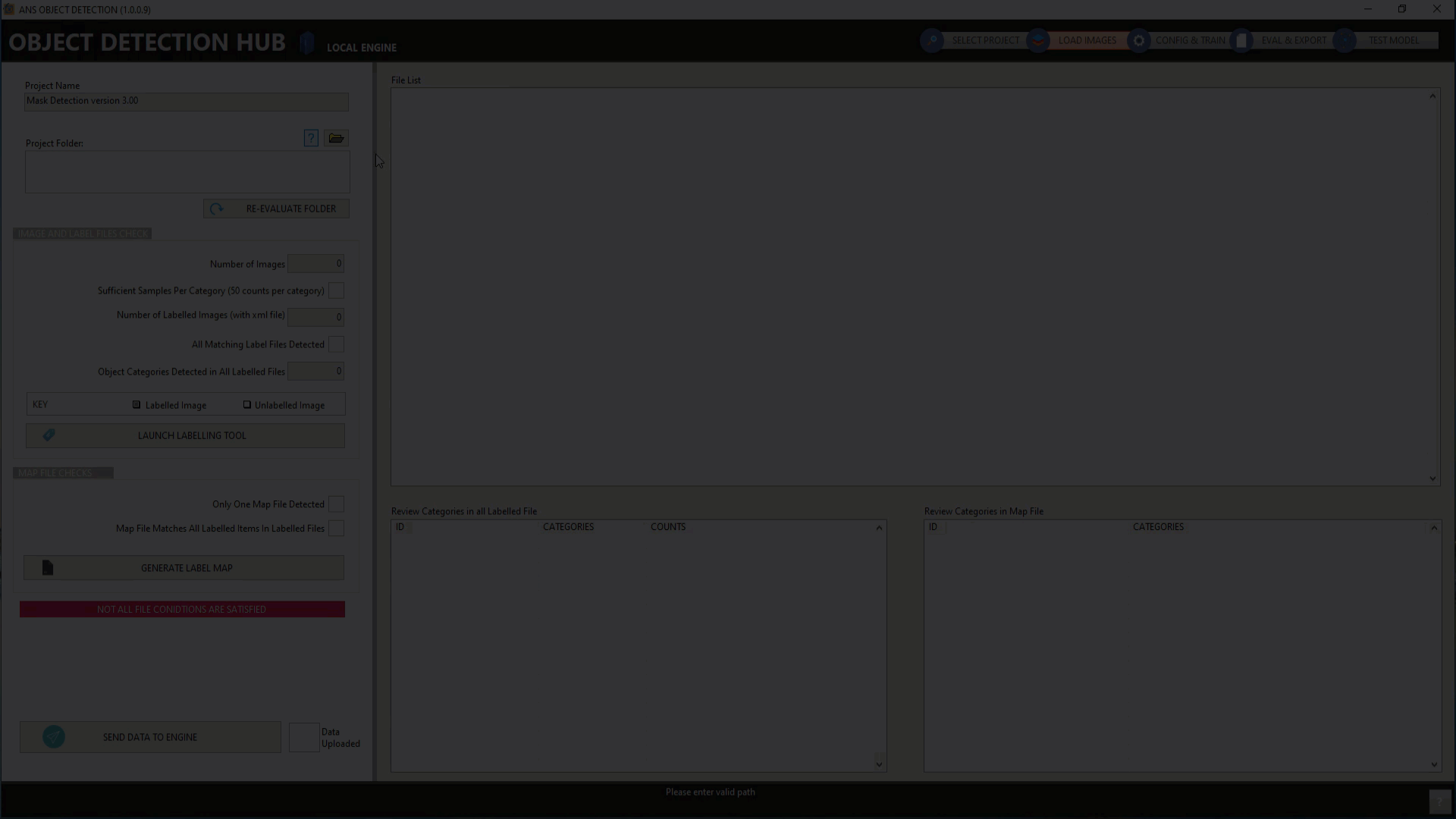
Product Features
No coding
ODHUB is specifically designed for engineers who do not have a profound knowledge of programming skills to design a proper object detection model in only a few simple clicks. It provides a graphical user interface (GUI) that makes it easy to select the appropriate components, configure the model, and train it.

Built-in labelling tool
ODHUB's built-in labeling tool enables users to quickly label objects and prepare datasets for training
✅ Drag-and-Drop Labelling: Quickly annotate objects with bounding boxes.
✅ Multi-Class Support: Label multiple object types in one image.
✅ Reuse Existing Labels: Compatible with YOLO, Pascal VOC, and COCO formats.
✅ Auto-Labelling: Use pretrained models to accelerate annotation.
✅ Image Augmentation: Enrich datasets with tiling, rotation, flipping, brightness adjustment, and more.
.png)
Advanced frameworks
ODHUB supports both TensorFlow and YOLO frameworks for object detection. TensorFlow frameworks include SSD, Faster RCNN, and EfficientDet, while YOLO frameworks include YOLO2, YOLO3, and YOLO4. This allows ODHUB to achieve high inference speed and accuracy.
ODHUB uses NVIDIA GPU to speed up the training process. It can also process data locally to ensure data privacy. The training parameters are easily configured, making it a convenient tool for object detection.


Model evaluation & testing
ODHUB's built-in evaluation and testing interface allows users to test the performance of the models before final deployment. Users can select any image dataset or built-in video capture devices in their system to test how the trained model performs object detection tasks in real time.


Deploy model to LabVIEW
ODHUB allows you to export your models in .zip format. The zip file contains all the necessary information, such as the model's architecture, weights, and biases, to deploy in LabVIEW using ANSDL

Deploy model to Intel/ NVIDIA GPUs
ODHUB model can run on Intel or NVIDIA GPUs using ANSVIS. From real-time event monitoring to seamless system integration, ANSVIS empowers businesses to deploy, customize, and scale AI vision effortlessly
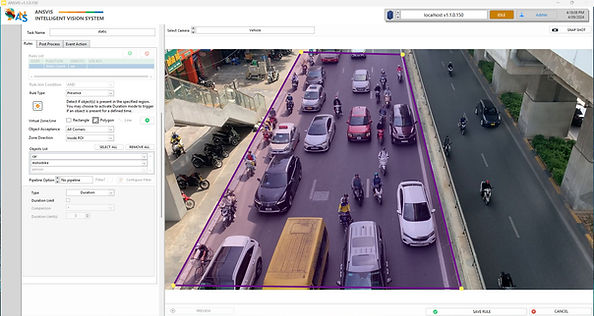
Trusted by the global leading companies



